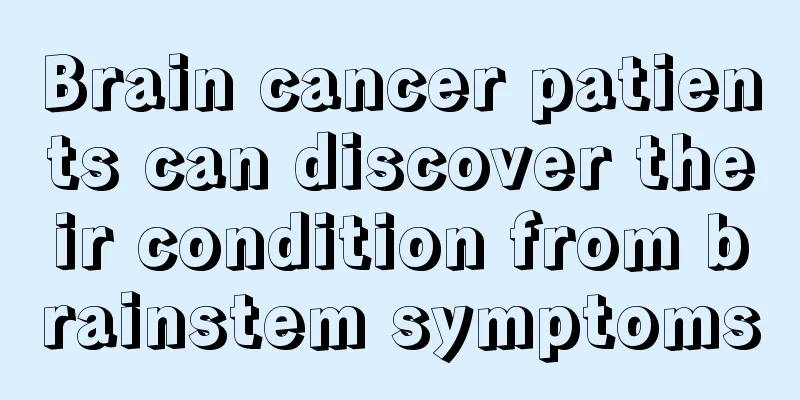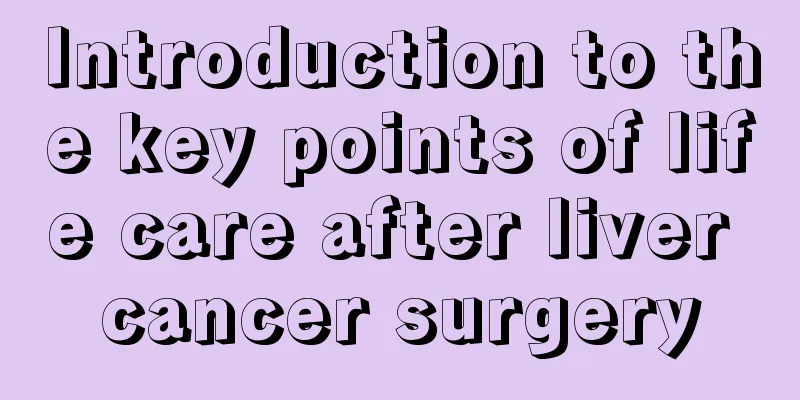What time is the best time to go to bed at noon

|
If the human body spends half of its time resting, then its mental state will be very good when it is awake. A proper lunch break can promote work efficiency in the afternoon and also benefit physical health. It is best to sleep between 1:00 and 2:00 p.m., but don't sleep too long, otherwise it will be counterproductive. After lunch, taking a short walk and then taking a nap is conducive to healthy sleep. Half an hour to 2 hours, there are some "skills" to taking a nap. Busy work and tight pace often make people unable to cope with it, so naps have become an important guarantee for many people's work day. Experts believe that taking a nap can not only enhance physical strength, eliminate fatigue, and improve work efficiency in the afternoon, but also enhance the body's protective function. However, there are many things to pay attention to when taking a nap, and only a reasonable nap method can achieve the best results. First, don’t rush to take a nap after a meal. Many people are accustomed to sleeping after lunch. At this time, the stomach has just been filled with food, a large amount of blood flows to the stomach, blood pressure drops, and the brain's oxygen and nutrition supply decreases significantly. Falling asleep immediately will cause insufficient blood supply to the brain. Therefore, it is best to exercise for 10 minutes before taking a nap to facilitate food digestion. The second is to pay attention to the time of falling asleep. Most people think that just taking a nap at noon will achieve the desired effect. However, experts have analyzed that the easiest time for people to fall asleep is 8 hours after getting up in the morning or 8 hours before going to bed at night, which is around 1 o'clock in the afternoon. Because people's alertness is naturally declining at this time, taking a nap will help the body get a good rest. Third, pay attention to hygiene during nap. Don't eat too greasy food or eat too full before going to bed, because greasy food will increase blood viscosity and aggravate coronary artery disease, and overeating will increase the burden on stomach digestion. In addition, you can drink a glass of water after waking up to replenish blood volume and dilute blood viscosity, and then you can do some light activities such as walking. Fourth, the nap should not be too long. Experts believe that a healthy nap is most appropriate for 15 to 30 minutes, and should not exceed 1 hour. If the time is too short, you will not be able to get a rest; if it is too long, you will feel a slight headache and general weakness after waking up, and it will not be easy to wake up. Fifth, don’t sleep on your stomach during your nap. It is understood that most people do not pay attention to their nap posture. Some lie on their stomachs, while others simply sleep on the table. In fact, sleeping at a desk will reduce blood supply to the head, causing a series of symptoms of brain ischemia and hypoxia, such as dizziness, blurred vision, and fatigue after waking up. At the same time, using your hands as a pillow will put pressure on the eyeballs, which can easily induce eye diseases over time. Lying on the table will compress the chest, affecting blood circulation and nerve conduction. |
<<: How is body odor formed_Why does body odor exist
>>: Can I wear tourmaline to sleep?
Recommend
What are the symptoms of bile duct cancer
Cholangiocarcinoma is often difficult to be disco...
How to identify authentic oolong tea
In our daily life, we can see tea everywhere. Bas...
Can stage 1a cervical cancer be cured?
The treatment of cervical cancer is a difficult p...
What should I do in the early stage of facial paralysis?
If initial facial paralysis can be discovered in ...
Will kidney stones cause stomach pain?
Will kidney stones cause stomach pain? Kidney sto...
What should I do if there are termites in my house?
Termites are a kind of harmful insects. They gene...
What harm will a pituitary tumor cause?
Although pituitary tumor is a benign tumor, peopl...
How to buy Pu'er tea
Pu'er tea is a kind of black tea. In Guangdon...
Symptoms of poor venous return
Venous reflux is very common in daily life, but i...
Reasons why the pregnancy line becomes lighter during pregnancy
After a woman becomes pregnant, her body will exp...
How to give birth to a boy?
With the development of society, people's ide...
What is the reason for the dull pain in the right kidney
If you have a dull pain in the right kidney, you ...
Why does my hair itch right after washing? Why does it still itch after washing?
Itchy scalp is a problem that many people encount...
How to stimulate yourself to defecate
Constipation is also a very painful thing, so how...
What should I eat to prevent cervical cancer? What are the early symptoms of cervical cancer?
What foods should women eat more to prevent cervi...









